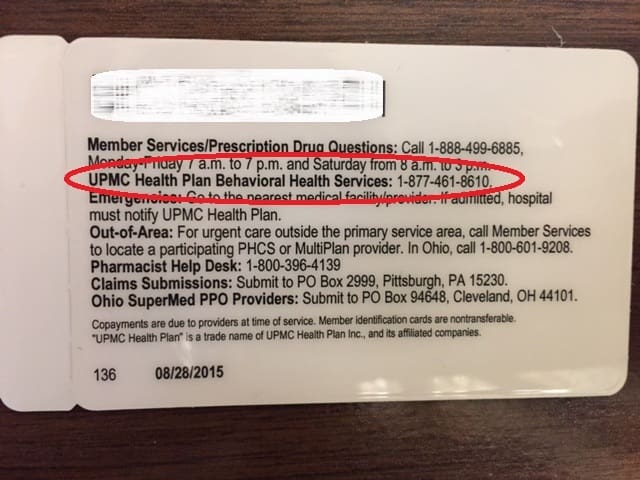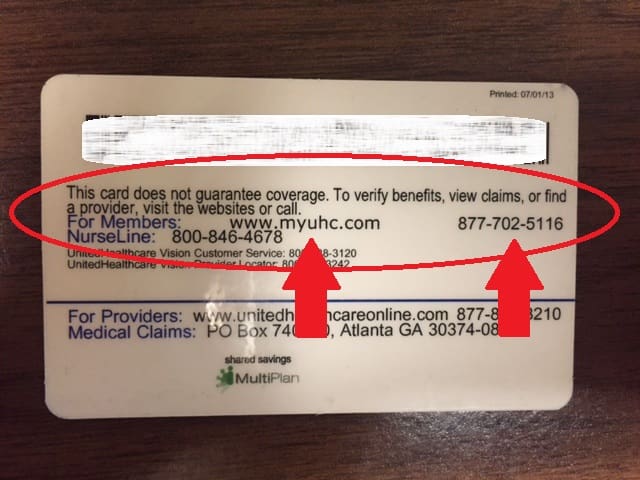Finding the Right Healthcare Professional
In the past we posted an article that looked into more detailed differences between various healthcare professionals, titled What Do All Of These Letters Mean: A more detailed look. This article is a spin off from that one by providing some tips on how to decide who the best healthcare professional for you might be and how to find one nearby.
How do I find the right healthcare professional for me?
This is a tricky question that can have a lot of correct answers. Remember that you are an expert in your needs so listening to your intuition and asking yourself real questions is a great place to start. The steps below are guidelines for navigating the system and may not be the best fit for everyone.
- Do you have a primary care physician you see (like when you’re sick or want to get the flu vaccine, etc..)?
- Talking to your primary care physician is always a good first option. They are very familiar with mental and behavioral health needs and are a good place to start when deciding what might suit your situation. Make an appointment and keep a list of things to discuss with your doctor. For example:
- Explain how you’ve been feeling, any changes in your emotions or behaviors, and any issues or concerns you have
- Tell them about your family history (for example if your mother experienced depression or your uncle was diagnosed with bipolar disorder)
- Ask them if medications, therapy, or both could be appropriate for you
- Ask them for referrals to behavioral healthcare professionals they like and trust
Good Rules of Thumb:
- Licensed professional counselors and social workers often have a wide variety of skills. Seeking the guidance of these professionals first may be best if your situation involves some environmental and social factors. For example, you get really stressed out and anxious at home because the house is very crowded and listening to your mom and grandma fight makes you feel nervous.
- Psychologists and Psychiatrists typically work with individuals who need longer term services, have more complex health needs, and require medication management. For example, you experience depression and have been previously diagnosed with borderline personality disorder and are currently taking two different medications.
Finding a healthcare professional:
First find out if and what kind of health insurance you have. If you have health insurance you’ll most likely want to ensure you find a provider in your insurance network (which just means they accept your health insurance). You can find different providers by calling the number on your health insurance card. Behavioral healthcare professionals often have a different number and are noted on the back of your insurance card (see below).
If you are looking for a medical provider, or want to start there but don’t know how to find one, you can look at your insurance card for that information too! The front or back of your card often display a number and a website you can use (see below):
Whether you are looking for a physician or another provider always ask your insurance company what the cost to you will be! Sometimes you are required to pay a fee every time you see this person, that’s called a copay. Sometimes you are required to pay a portion of the bill for that visit, which is typically called a coinsurance payment.
What if you don’t have health insurance?
If you don’t have health insurance it may be best to examine some of the resources available in your area. For example, is there a counselor or nurse that you can talk to at school? Are there any academic institutions (like a nearby university) that has training programs for their students? You may be able to receive services from students in training who are supervised by a number of professionals! Another option is to call local community health centers or non-profit organizations and see if they have any free or low cost services. Search the internet for community health centers in your area! When you call, try to give them as much detail about your situation as possible so they can best answer your questions. For example, ‘Hi my name is X and I am 17 years old. I am looking to talk to someone about anxious feelings I’ve been experiencing but I do not have health insurance. Are there any low cost or free services at your health center? If so, how much will it cost me and what qualifications does the provider have?”
Remember that no question is a dumb question! All of these people want to help you get the best care. If you need help with a referral and are still not sure what to do, email us at socialmediastudy@chp.edu
Links to search for health professionals by trade:
- Licensed Professional Counselor American Counseling Association
- Social Workers National Association of Social Workers
- Psychologists American Psychological Association
- Nurse Practitioners American Association of Nurse Practitioners
- Medical Doctor American Medical Association, American Academy of Pediatrics
- Psychiatrists American Psychiatric Association
Do you have experience looking for a healthcare professional? What are some helpful tips you can share for other users? Did this article provide you with useful information? Let us know in the comments!






Recent Comments